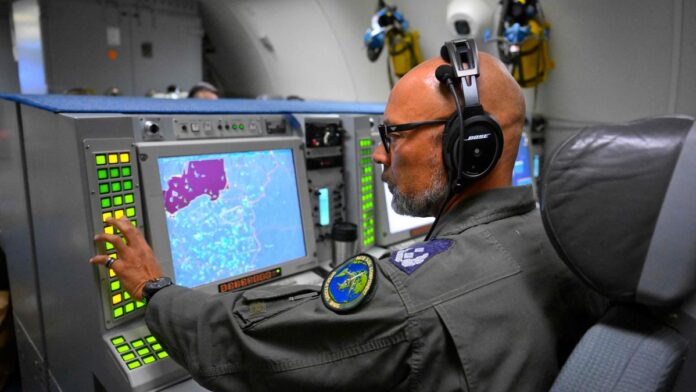Poland scrambled military aircraft on Thursday after Russia launched a fresh wave of air strikes against Ukraine, underscoring the heightened tensions along NATO’s eastern flank as the war continues to spill over into regional security concerns.
According to Polish defense officials, fighter jets were deployed as a precautionary measure when Russian missiles and drones targeted multiple Ukrainian cities. The Polish Armed Forces stated that the decision was made to ensure national airspace security and to monitor any potential violations as projectiles flew close to the country’s borders. No incursion into Polish territory was reported.
Poland, a NATO member and one of Ukraine’s strongest backers, has repeatedly expressed concern over the proximity of Russian strikes to its territory. Incidents in the past, including stray missile fragments landing inside Poland, have heightened fears that the conflict could inadvertently draw the alliance into direct confrontation with Moscow.
The Polish Ministry of Defense reassured citizens that the scramble of jets was a standard defensive protocol and that air defense systems were on alert. “All necessary measures have been taken to ensure the safety of our airspace,” the statement read.
Russia’s renewed strikes on Ukraine have intensified pressure on Kyiv, which continues to rely heavily on Western support for air defense systems, ammunition, and financial aid. For neighboring countries like Poland, the escalation serves as a stark reminder of their own vulnerability to the fallout of the conflict.
NATO has maintained that while it will not become a direct participant in the war, it is committed to defending the sovereignty of its member states. Poland’s rapid response highlights both the alliance’s readiness and the delicate balance it must maintain between deterrence and escalation.
As the war in Ukraine grinds on with no clear end in sight, such incidents are likely to test the resilience of NATO’s eastern members. For Poland, the scramble of aircraft is not only a military maneuver but also a political signal—both to reassure its own citizens and to warn Moscow that its borders remain firmly protected.



